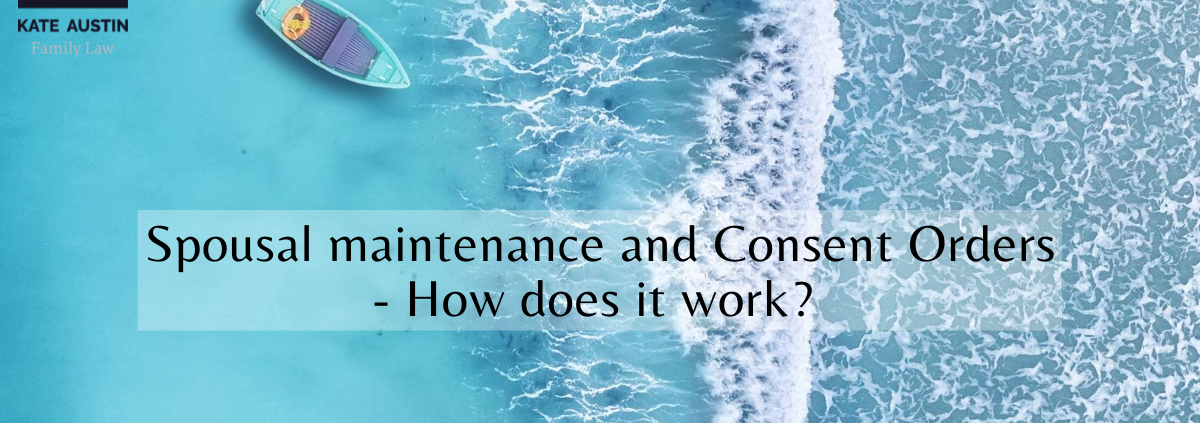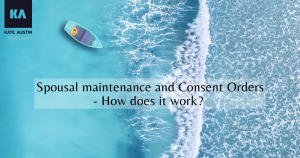Spousal maintenance and Consent Orders – How does it work?
Occasionally, parties will have an agreement where one pays the other spousal maintenance. You can pay spousal maintenance in a lump sum or in regular payments, such as weekly or fortnightly. You can include spousal maintenance orders in your consent orders if the parties agree to it. The agreement for the payment of spousal maintenance then becomes legally binding. You can have a spousal maintenance Order made by Consent whether you were married to the other person or in a Defacto relationship with them. You don’t have to have been married. You can put whatever rules around the payment of spousal maintenance that you want to and that suit both parties. For instance, you might schedule the spousal maintenance payments to continue for a certain period of time, or until, say, a child of the relationship reaches a certain age. Many people use spousal maintenance while they are taking courses that will allow them to re-enter the workforce and earn their own income.
A Consent Order that deals with the payment of spousal maintenance is similarly legally binding to ordinary Consent Orders that finalize a property settlement, for example. If they are not followed or complied with, they can be enforced by one party against the other.
If you have any questions in relation toSpousal maintenance and Consent Orders – How does it work – or consent orders please contact us to discuss your proposed agreement. We provide an instant quote for your agreement online that is fixed and includes all aspects of the documentation and submission process. General information about Kate Austin Family Lawyers can be found on our home page or if you would like information about our story or Rachel and Brendan there are links on our home page.
Kate Austin Family Lawyers provides a national service. Family Law is a federal jurisdiction so the law are uniform across the country. No matter where you are located we can assist. Sunshine Coast Newcastle Canberra Sydney Melbourne
This information is general in nature and cannot be interpreted as legal advice. Legal advice can only be provided by a qualified legal practitioner.





